Poetry in Person: Twenty-five Years of Conversation with America's Poets. Edited by Alexander Neubauer. Knopf, 342 pp. This book is a perfect gift for any reader or writer of poetry. It consists of transcripts excerpted from the amazing classes held by Pearl London at the New School in New York, from 1970 to the late '90s. The class, Works in Progress, featured invited guests -- some of the major American poets of our day -- to speak with London and her students about poems the poets were working on, distributing drafts and commenting on the process of revision that goes into the making of a poem.
These exchanges should be of considerable value to anyone who writes, for it's safe to say that not even the most grizzled veteran of the poetry workshop circuit can lay claim to having been in the presence of such an array of literary notables. From Maxine Kumin in 1973 to Eamon Grennan in 1996, twenty three poets in all, featuring the likes of Frank Bidart, Louise Glück, Robert Hass, June Jordan, Philip Levine, James Merrill, Robert Pinsky, Muriel Rukeyser, Derek Walcott.
Neubauer, who taught fiction at the New School, provides an informative introduction about London and the class, and a brief forward on each poet, focused on the stage of the career when he or she appeared in London's class, and often characterizing the mood of the exchange. Neubauer had access to 90-minute tapes of each class that, transcribed, ran to over fifty pages apiece. Distilling each exchange to about fifteen printed pages took considerable editorial skill, but it means there's rarely a dull moment. In each case, Neubauer selects a substantive discussion that gives real insight into a poet's personality, frame of reference, and attitude toward a particular poem and to poetry in general.
Not surprisingly, all the guests take their work very seriously, but it's quite refreshing that they don't seem ponderous or self-serving. The book demonstrates that a great public value of contemporary poets is their ability to speak engagingly about their craft and their motivations as writers.
The exchanges also make one marvel at how fully in her element a great teacher like London can be. She leads the discussion but never dominates, nor is she timid or fawning. Informed, relaxed, she easily inserts comments the featured poet has made on other occasions -- sometimes previous visits to the course -- and, like the poets, is quick to call to mind lines from poems to illustrate points about great poetry.
And that is the main issue under discussion: how to make a good poem better. Each poet confronts this problem in an individual way, but each is clearly committed to a sense of poetry that does not permit being satisfied with anything less than the best effort. And each is quite candid about the trials and errors that goal entails. Neubauer helpfully provides a photostat of the poem under discussion, in most cases in both draft and published versions.
I could cite examples from every exchange that illuminate what choices poets consider in creating a poem. In particular, I liked the way several poets pondered what they consider to be the main tasks of form, and of the relation of the sentence to the poetic line. But to pick a favorite moment, it's this comment from Glück, in 1979: "Something can be marvelous and still need to be stopped. Otherwise you don't change. It's as simple as that. And if you don't change, then you stop writing good poems."
This is a truly challenging formulation, not simply to student writers but to the most accomplished poet. And it shows that teaching writing is not simply about improving the words on the page but should inspire constant exploration and discovery. Poetry in Person does that.
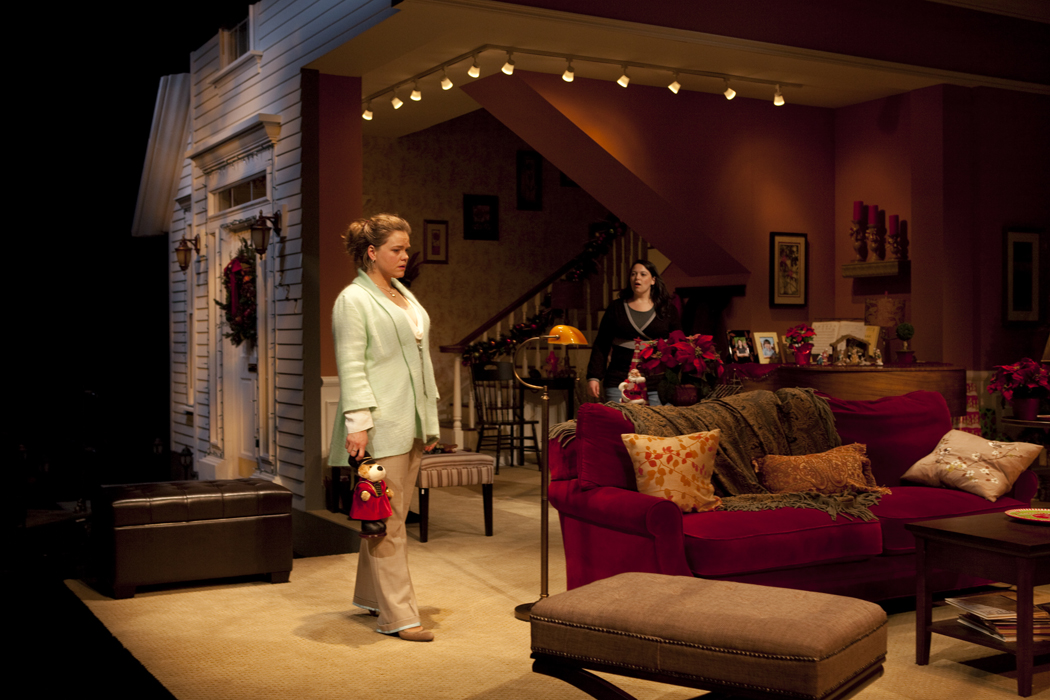 The Long Wharf Theatre production of Henrik Ibsen's A Doll's House managed a surprising feat: it made the play more entertaining without significantly altering it. If you're a purist who wants to see Ibsen played straight, it does that; but if you think that a play like ADH, with its winsome wifey who gets into some hot water due to an "innocent" forgery, then gets out of it only to slam the door on her happy-ever-after home, is a bit dated and could use some kind of make-over, well, this show does that too.
The Long Wharf Theatre production of Henrik Ibsen's A Doll's House managed a surprising feat: it made the play more entertaining without significantly altering it. If you're a purist who wants to see Ibsen played straight, it does that; but if you think that a play like ADH, with its winsome wifey who gets into some hot water due to an "innocent" forgery, then gets out of it only to slam the door on her happy-ever-after home, is a bit dated and could use some kind of make-over, well, this show does that too.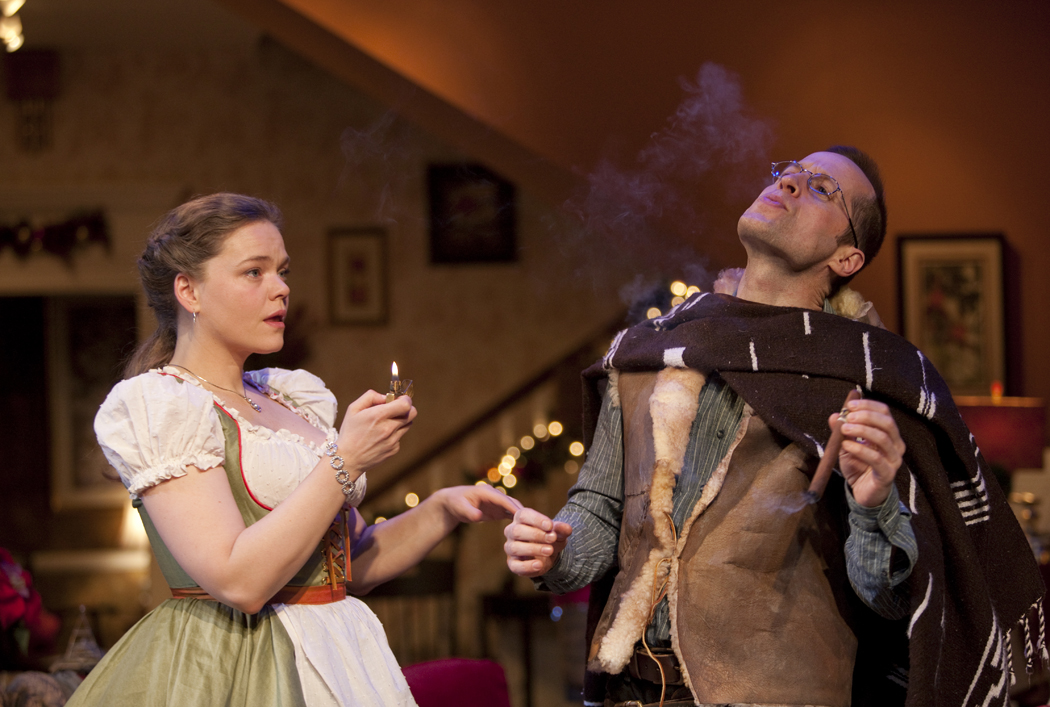
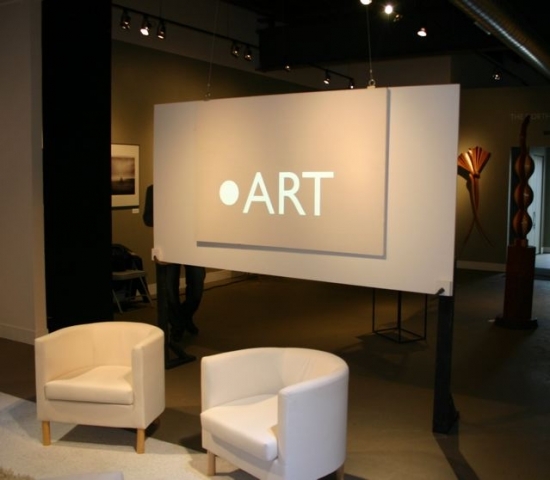 “Art” by Yasmina Reza first appeared in Paris in 1995. Shortly afterwards it was translated into English for the British stage and turned up at the Royale Theatre (now the Bernard B. Jacobs Theatre) on Broadway on March 1, 1998. The cast was stellar for this three-person play, performed without intermission. The six-month Broadway run included Alan Alda, Victor Garber, and Alfred Molina, all well known film and theatre performers.
“Art” by Yasmina Reza first appeared in Paris in 1995. Shortly afterwards it was translated into English for the British stage and turned up at the Royale Theatre (now the Bernard B. Jacobs Theatre) on Broadway on March 1, 1998. The cast was stellar for this three-person play, performed without intermission. The six-month Broadway run included Alan Alda, Victor Garber, and Alfred Molina, all well known film and theatre performers.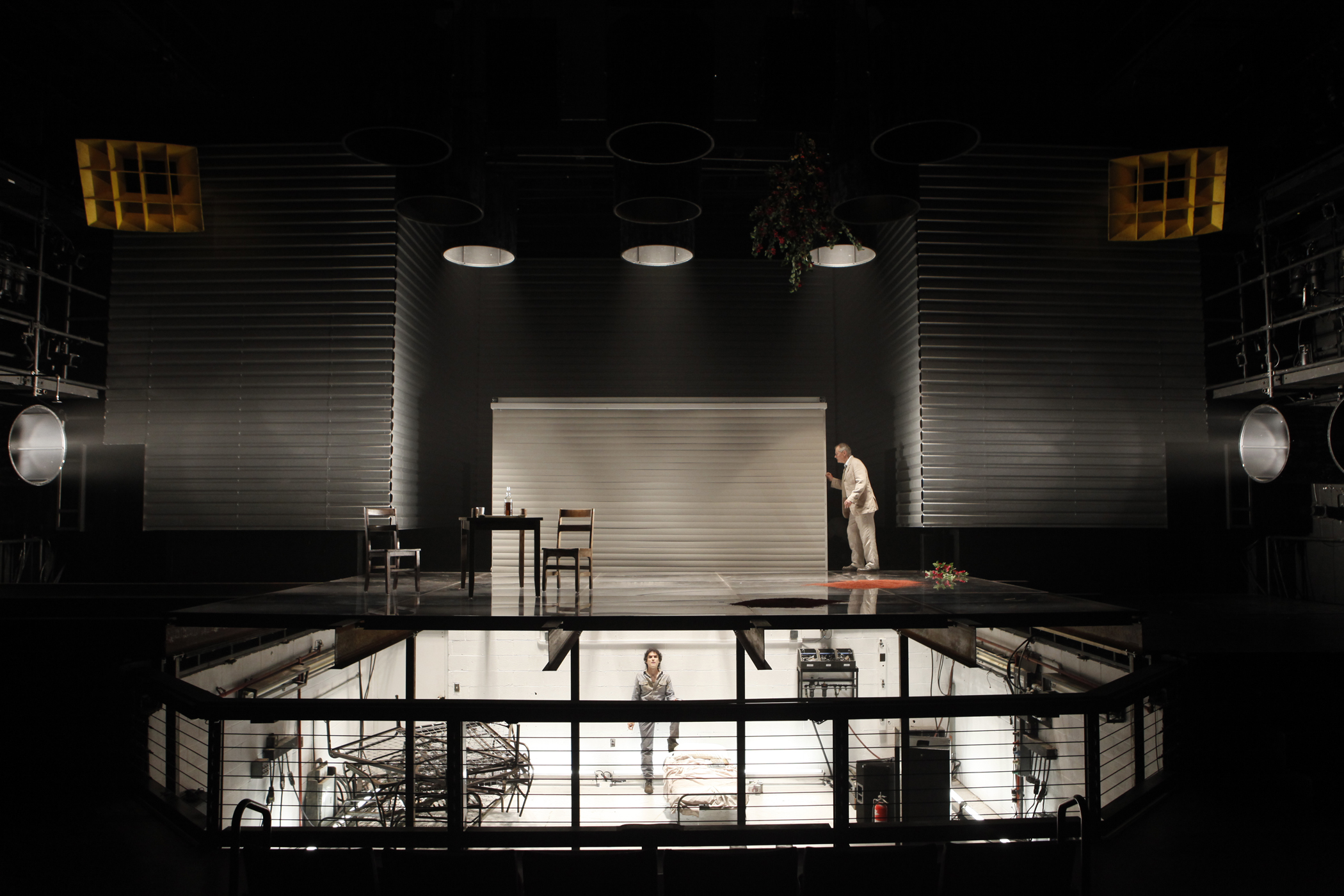 Bernard-Marie Koltès' Battle of Black and Dogs (Combat de nègre et de chiens), translated by Michaël Attias, and directed by Robert Woodruff, is the second play this season at the Yale Rep to take us to vague environs in Africa to witness a drama among a small group of people cut off from the world at large. Like Danai Gurira's Eclipsed, BBD places us in a compound, but this time it's a "construction site run by a foreign company in a West African country, anywhere from Senegal to Nigeria," where the main characters, white and French, are confronted by Alboury (Albert Jones), a member of a local Wolof tribe who wants to retrieve the body of a worker at the site who has recently died or been killed.
Bernard-Marie Koltès' Battle of Black and Dogs (Combat de nègre et de chiens), translated by Michaël Attias, and directed by Robert Woodruff, is the second play this season at the Yale Rep to take us to vague environs in Africa to witness a drama among a small group of people cut off from the world at large. Like Danai Gurira's Eclipsed, BBD places us in a compound, but this time it's a "construction site run by a foreign company in a West African country, anywhere from Senegal to Nigeria," where the main characters, white and French, are confronted by Alboury (Albert Jones), a member of a local Wolof tribe who wants to retrieve the body of a worker at the site who has recently died or been killed.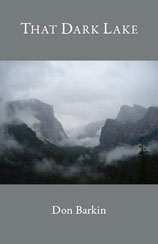 Review of
Review of